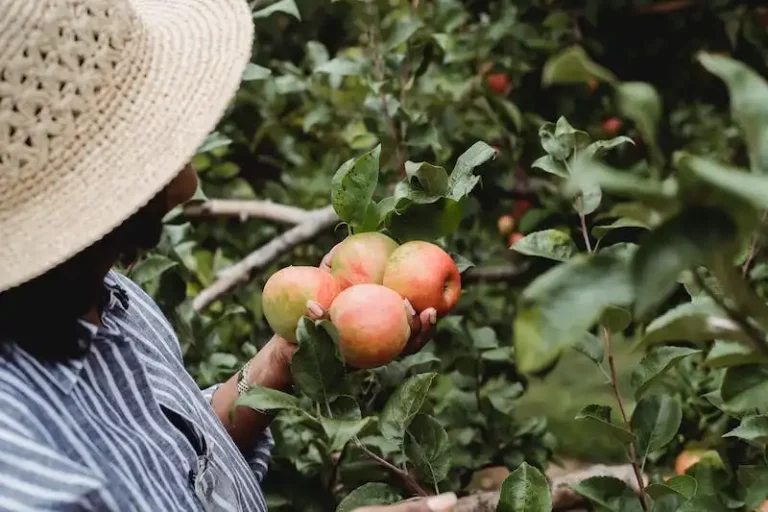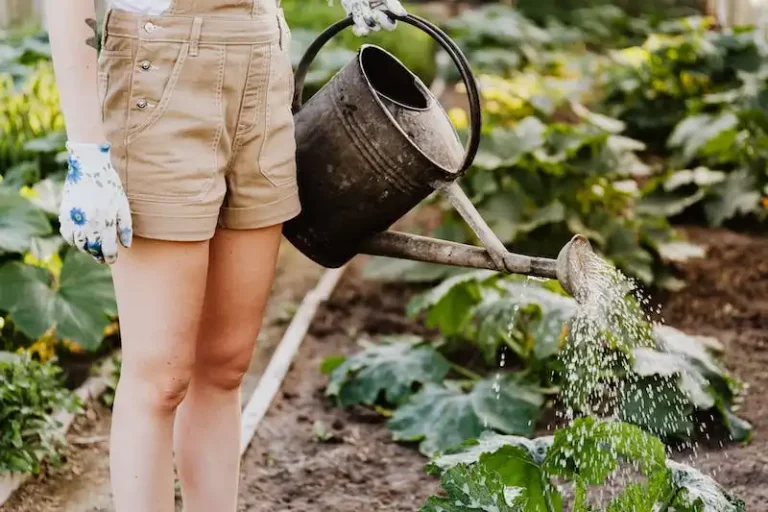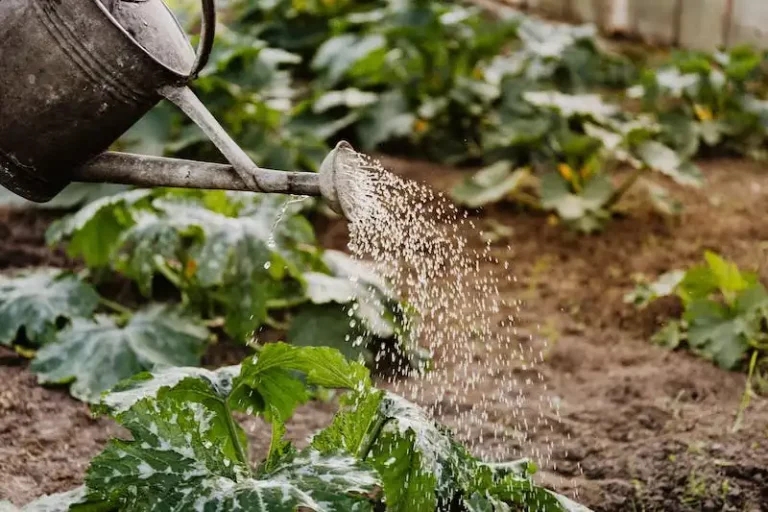If you’re a plant enthusiast, you may be familiar with the dracaena plant. One of the best ways to expand your collection or share your love for dracaenas with others is through propagation. Thankfully, propagating dracaenas is not as complicated as it may seem. In fact, there are three easy methods you can use to propagate dracaenas: stem cuttings, layering, and using nodes.
When it comes to stem cuttings, this method is perfect if you want to create multiple plants from one parent plant. To start, take a sharp pair of shears or a knife and cut the stem of the plant about 4 inches below the last leaf node. Remove any lower leaves from the stem, leaving only a few at the top. Next, take a clean jar or container and fill it with sterile planting mix, ensuring it has good drainage. Moisten the mix with water until it feels slightly damp. Then, insert the bottom end of the stem cutting into the moistened mix, making sure it is inserted at least a centimeter deep. Pay attention to the moisture level, keeping it slightly moist but not soggy. In a few weeks, you should see roots growing from the node, indicating successful propagation.
Another method you can try is layering, which is great for plants with long stems. Here’s how: locate a flexible stem on your dracaena plant and bend it towards the ground. Make a small horizontal cut on the stem about a centimeter below a node. Next, using a clean knife, gently remove the outer layer of the stem just below the cut, exposing the inner green layer. Take a sheet of plastic or a plastic bag and enclose the exposed portion of the stem, securing it with a twist tie or rubber band. Then, cover the plastic with moist soil, making sure the node and the cut are below the soil. Over time, roots will form at the node, and once they’re well-established, you can cut the stem from the parent plant and transplant the new plant into a separate container.
The third method, using nodes, is perhaps the easiest and most foolproof way to propagate dracaenas. Nodes are the small bumps or marks you see on the stem or leaf. To begin, cut the stem of the plant just below a node. Place the cutting in water or a moist potting mix, making sure the node is submerged or buried. Keep the water or mix slightly moist, and in a few weeks, you’ll notice roots sprouting from the node. Once the roots are well-developed, you can transfer the cutting into a pot or container with well-draining soil.
These three methods of propagating dracaenas allow you to increase your collection of these beautiful plants or share them with friends and family. Each technique has its variations and may require different materials and attention, but they’re all relatively simple and effective. With proper care and attention, your propagated dracaenas will thrive and flourish in their new home.
Easy Ways to Propagate Dracaena Houseplants
If you’re looking to add more dracaena houseplants to your collection, propagating them is a great way to do it. There are three easy methods you can use to propagate dracaena plants, and knowing the right techniques can help ensure the healthiest plants.
One method is to take stem cuttings from a mature dracaena plant. Using a clean knife, make a horizontal cut just below a node. Remove any leaves from the bottom of the cutting, and dip the cut end in rooting hormone. Place the cutting in a container with well-draining soil, and water it thoroughly. Keep the soil moist, but not soggy, to support root development. Over time, new roots will develop, and you can then transplant the cutting into a larger pot.
Another easy method is to propagate dracaena using water. Cut a leaf from the plant and place it in a glass of water, making sure that the bottom end is submerged. Keep the glass in a bright area, but not in direct sunlight. Change the water every few days to keep it fresh. After a few weeks, you should start to see roots developing from the bottom of the leaf. Once the roots are well-established, you can transplant the cutting into soil.
The third and easiest method is to propagate dracaena by division. This is best done when repotting a mature, leggy dracaena plant that has multiple stalks. Simply remove the plant from its container and carefully separate the stalks. Make sure each section has its own roots and leaves. Plant each division in its own pot, using well-draining soil, and water it thoroughly. This method allows you to create multiple new plants from a single parent plant.
Regardless of the method you choose, it’s important to provide the right care for your newly propagated dracaena plants. Dracaena houseplants thrive in bright, indirect light, so placing them near a window is a good idea. Water the plants when the top inch of the soil feels dry, and be sure to provide good drainage in your containers to prevent waterlogged roots. With proper care and attention, your newly propagated dracaena plants will grow and thrive, adding beauty and greenery to your home.
When To Propagate Dracaena
Propagation is the process of creating new plants from existing ones. When it comes to propagating Dracaena plants, timing is crucial to ensure successful propagation. Here are some tips on when to propagate your Dracaena:
- If your Dracaena plant has grown too tall, you may consider propagating it to encourage new growth.
- Propagation can be done through stem cuttings, air layering, or division.
- If your Dracaena plant has become too root-bound in its current pot, it may be a good time to propagate it to give it more space to grow.
- Propagating during the warmer months, such as spring or summer, increases the chances of success.
- Before propagating, make sure to prepare the necessary materials, such as scissors, rooting hormone, and suitable soil.
By following these steps and taking proper care of your Dracaena cuttings, you can expect them to root and grow into new plants. Note that not every cutting will successfully root, so it’s important to take multiple cuttings to increase your chances of success.
Best Time To Propagate
Propagating dracaena houseplants is a good and easy way to multiply your collection, as well as keeping your plants healthy. There are three methods that can be used to propagate dracaena plants, each with its own benefits.
The easiest and healthiest method of propagating dracaena is by using stem cuttings. Taking stem cuttings from a mature plant helps to brighten up the indoor space with new dracaena plants. The cuttings are then pressed into a secure planting medium, such as perlite or vermiculite, and grown in a bright, warm location.
Another method of propagating dracaena is by using air layering. Air layering involves removing a section of the stem, making a 3-inch horizontal cut at the bottom and inserting a toothpick or other support to keep the cut open. The exposed area is then covered with moist sphagnum moss and wrapped with a plastic sheet. The plant will produce roots at this point, and can be separated and potted once the roots are well-established.
Finally, dracaena can also be propagated from leaf cuttings. Leaf cuttings are taken from the marginata variety of dracaena, from below the tips of the leaves. The cuttings are dipped in rooting hormone powder and placed in a jar filled with water. The jar is then placed in a warm and bright location, and the roots will start to develop. Once the roots are well-grown, the cutting can be potted in soil to develop into a new plant.
It is important to note that the best time to propagate dracaena is in the beginning of summer, when the plants are actively growing. This is the time when the dracaena plants have the most energy and are more likely to successfully root and establish themselves.
In summary, the best time to propagate dracaena is in the beginning of summer, when the plants are actively growing. Using stem cuttings, air layering, or leaf cuttings are three effective methods to propagate dracaena houseplants. By following the step-by-step instructions for each method, you can learn how to propagate dracaena successfully and enjoy having more of these beautiful tropical plants in your home.
Author: [Your Name]
Source: [Source of Information]
Preparing to Propagate Dracaena
Before you begin the process of propagating Dracaena, it’s important to make sure you have all the necessary tools and materials. These include sharp scissors or shears, clean planters or jars, potting soil or moss, and water for watering the newly planted cuttings.
First, find a healthy Dracaena plant from which you can take cuttings. Look for a plant that is not too leggy and has well-developed foliage. This will ensure that the cuttings you take will have a higher chance of rooting and becoming new plants.
Next, prepare the tools you will need for propagation. Clean the scissors or shears thoroughly to avoid introducing any diseases to the cuttings. Also, make sure your planters or jars are clean to provide a suitable environment for the cuttings to grow.
If you choose to use potting soil, make sure it is well-draining and suitable for houseplants. If you prefer using moss, soak it in water until it is completely waterlogged. This will help provide moisture for the cuttings during their initial stage of growth.
Once your tools and materials are ready, you can prepare the plant for propagation. Take the scissors or shears, and cut below the leaf node, which is the part where a leaf connects to the stem. Make sure to prepare multiple cuttings, as not every cutting may take root successfully.
If you have the option, marking the bottom end of each cutting can be helpful. This will ensure that you plant the cuttings right-side-up and prevent confusion later on. Place the cuttings in water to allow them to develop roots, or you can also directly plant them in the prepared soil or moss.
When planting in soil or moss, press the bottom end of each cutting gently into the surface. This will help provide support and ensure that the cuttings stay in place. Water the cuttings lightly, making sure not to over-water them, as they can easily rot.
After planting, place the newly propagated cuttings in a warm location with bright, indirect light. A temperature around 70°F (21°C) is ideal for encouraging root development. Keep the soil or moss slightly moist, but not soggy, as this can also lead to rot.
Throughout the process, it’s important to regularly check the moisture level of the soil or moss. Water the cuttings when the surface feels dry, usually every week or two. Additionally, keep an eye out for any signs of pests or diseases and take appropriate action if necessary.
Caring for the newly propagated Dracaena plants is similar to caring for mature houseplants. This includes providing the right amount of water, light, and temperature, as well as regular fertilizing. However, be mindful that newly propagated plants may require extra care and attention as they get established.
By following these preparation steps, you’ll be well on your way to successfully propagating Dracaena and making new plants to brighten up your space!



